MSc student in Environment and Development Li Xuan considers the crisis of deforestation and habitat destruction caused by the palm oil industry in Malaysia, stressing the need for Western colonial accountability and meaningful involvement of indigenous groups to reach sustainable solutions. You can read a companion piece to this article by Li Xuan, ‘Sustainable palm oil production: making it happen‘ published in March 2022.
Listed behind 50% of packaged supermarket products is a distinct ingredient hailing from my home, Malaysia, the world’s second-largest producer of palm oil after our neighbour, Indonesia. Both countries combined produce an aggregate of 85%, highlighting the unequal distribution of palm oil production across the globe. This is where the irony starts to sink in: how can a crop so versatile produce such a strong philosophy of monoculture farming?
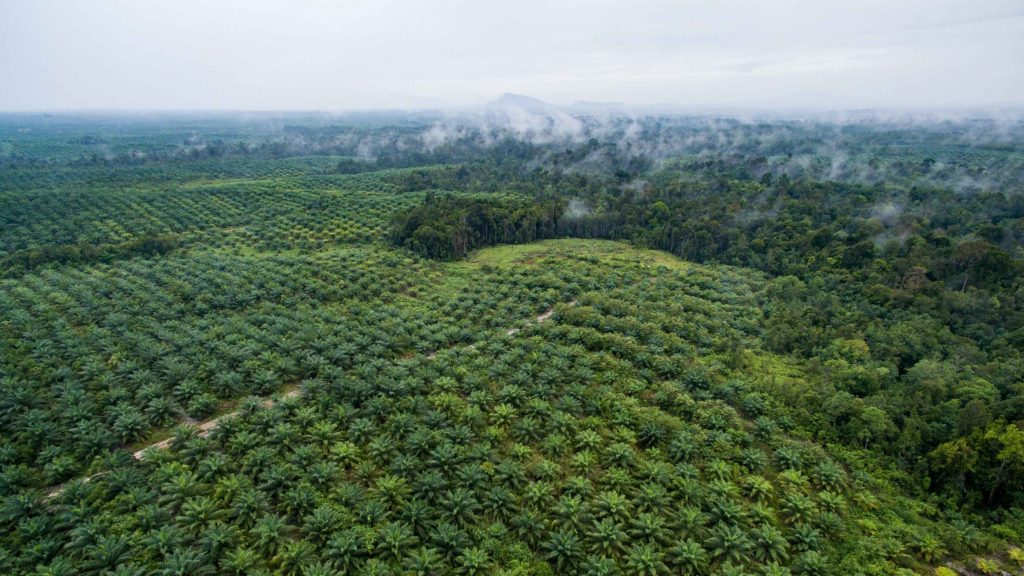
During my youth in Sabah, a Malaysian state located on the tip of Borneo, it never crossed my mind that my favourite snack, Nestle’s KitKat was contributing to the habitat loss of the regions’ native yet endangered species, the Orang Utan, until it became one of the most infamous and gruesome advertisements. Although an innocent child, I was inevitably sucked into a vacuum of consumerism enabled by a ‘business-as-usual’ approach driven by capitalist frameworks that value the economy over the environment which gave rise to British colonial powers.
Pye and Bhattacharya (2012) depict these historical developments during Sabah’s colonial era and made me wonder: why do we continue to let our Western predecessors point their fingers at us when they are responsible for planting the seeds in our community? What was once a lively and biodiverse rainforest ended up being burnt down and transformed into an eerily deserted plantation, consisting solely of monotonous rows of palm oil trees. Palm oil was causing mass destruction that went beyond the disappearance of a single species – it was displacing its human inhabitants too. The vast majority remain unaware that this now inhospitable space used to be somebody’s home and way of life, that it was, and is still, their ancestral land. These rainforests and communities thrived until one day it was determined that, for the sake of rural and national development, forests must disappear as an “investment for the future”.
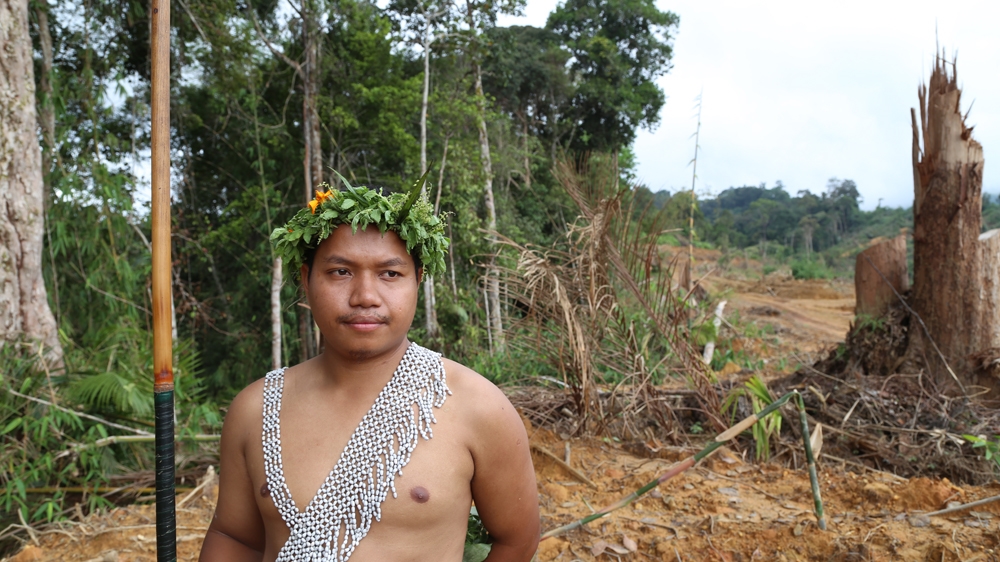
In the 1992 Rio Summit, then Prime Minister Dr. Mahathir Mohamad controversially yet justifiably refused to accept that developing countries like Malaysia should be barred from forest exploitation, arguing that rich countries had previously done so – instead promising to retain 50% of Malaysia’s total land area under forest cover. Yet, despite passing the National Forestry Act 1984 and Sabah Forest Enactment 1968, sustained change remains out of reach given poor enforcement and greedy, corrupt politicians who submit to the demands of powerful businessmen.
Although deforestation and habitat loss have recently been gaining more traction in the Western media, it is still of grave concern that there remains a noticeable absence of the role of indigenous peoples. Indeed, the Western narrative neglects the necessity to utilise indigenous expertise as the principal foundation for local climate adaptation, instead choosing to associate vulnerability with the existence of Sabah’s indigenous communities rather than innovation and resilience. Consequently, Sabah has been reduced to a simple, backwards, exotic location instead of a flourishing state home to 39 indigenous groups, predominantly the Kadazan-Dusun, translated into English as ‘the people of the land’. Meanwhile, indigenous knowledge and culture are becoming increasingly appropriated and bastardised for a Western urban ‘city’ lifestyle.
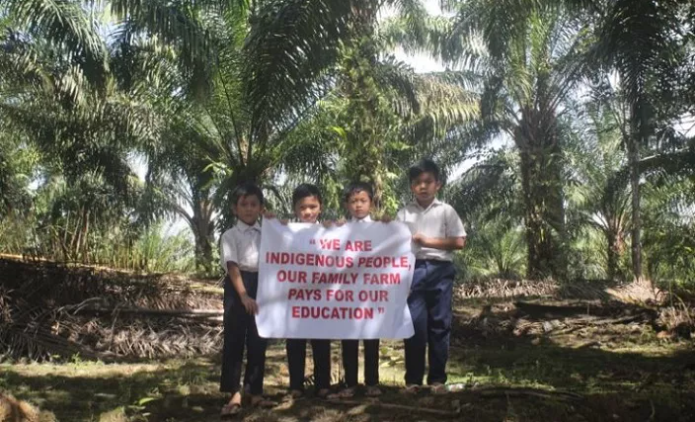
There remains a sizable gap between the ambitious government pledges at COP26’s International Land Coalition and action on the ground. Unless there is a genuine effort by ex-colonial powers to undo the lasting damage they have inflicted and enable a transition towards a sustainable economy, God knows how long this cyclical damage will continue to prevail. So, what happens next? Should society instantly detach itself from all our stubborn chains to capitalism and start self-sustaining bubbles?
Imagine a radical situation where palm oil production is boycotted globally. Accenture estimates that this will potentially force as many as 3.5 million back into poverty while Global Canopy (2018) estimates that opting to meet the booming global demand for vegetable oil – assumed to multiply from around 204m tonnes in 2019 to 230m tonnes by 2027 – with alternatives like soy needing above five times more land to produce the same amount of palm oil. Others like the EU, the third-largest importer of palm oil worldwide, have since agreed with the option, even going as far as to impose bans on palm oil. However, ignoring indigenous voices which constitute a substantial portion of Sabah’s palm oil smallholders when taking such drastic decisions is counter-productive and only further alienates communities.
The views expressed in this post are those of the author and in no way reflect those of the International Development LSE blog or the London School of Economics and Political Science.
Main Photo: An aerial view of an oil-palm plantation beside forest in Sentabai village, West Kalimantan, in 2017. Credit: CIFOR Photo/Nanang Sujana via Forests News.




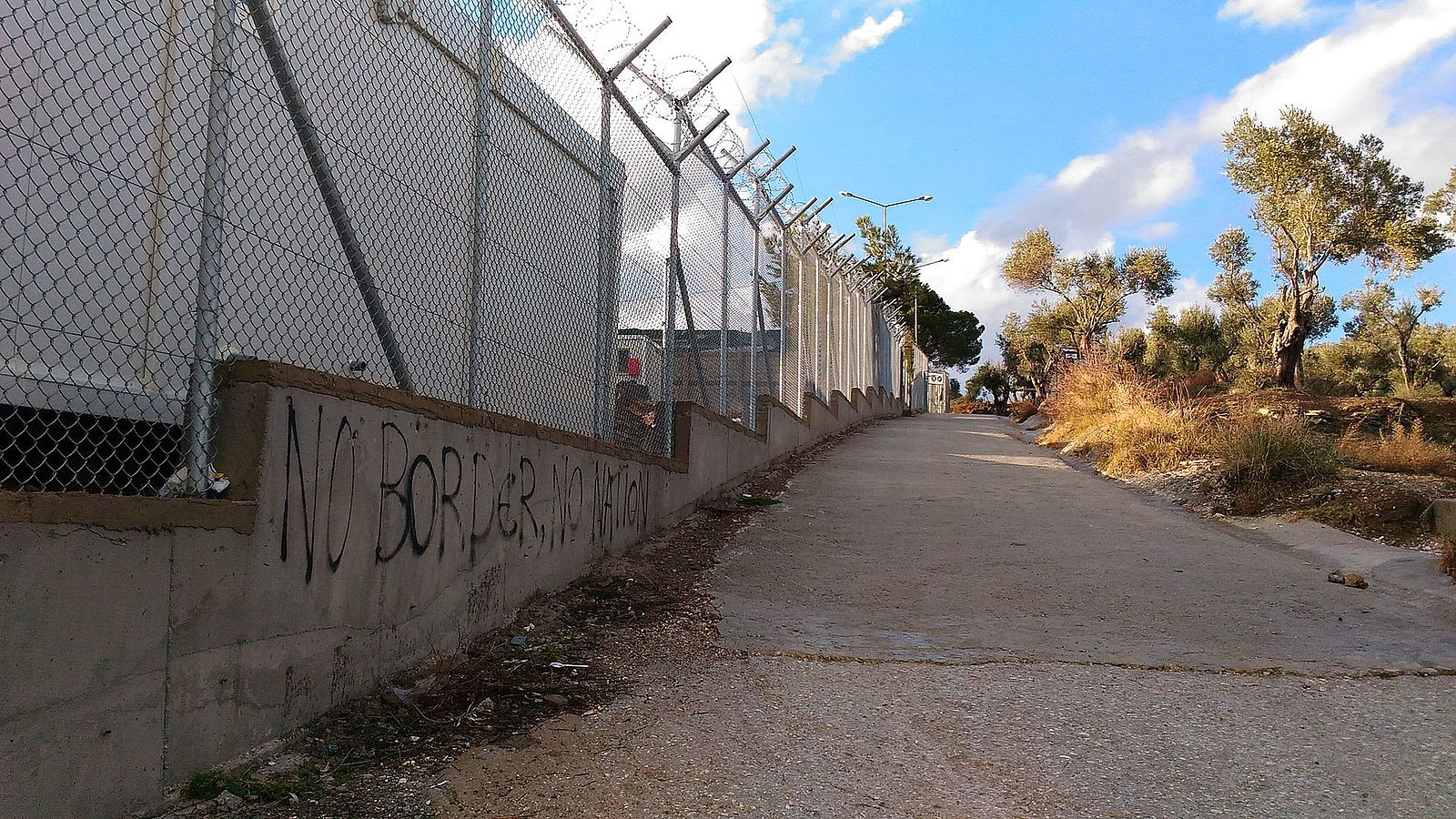
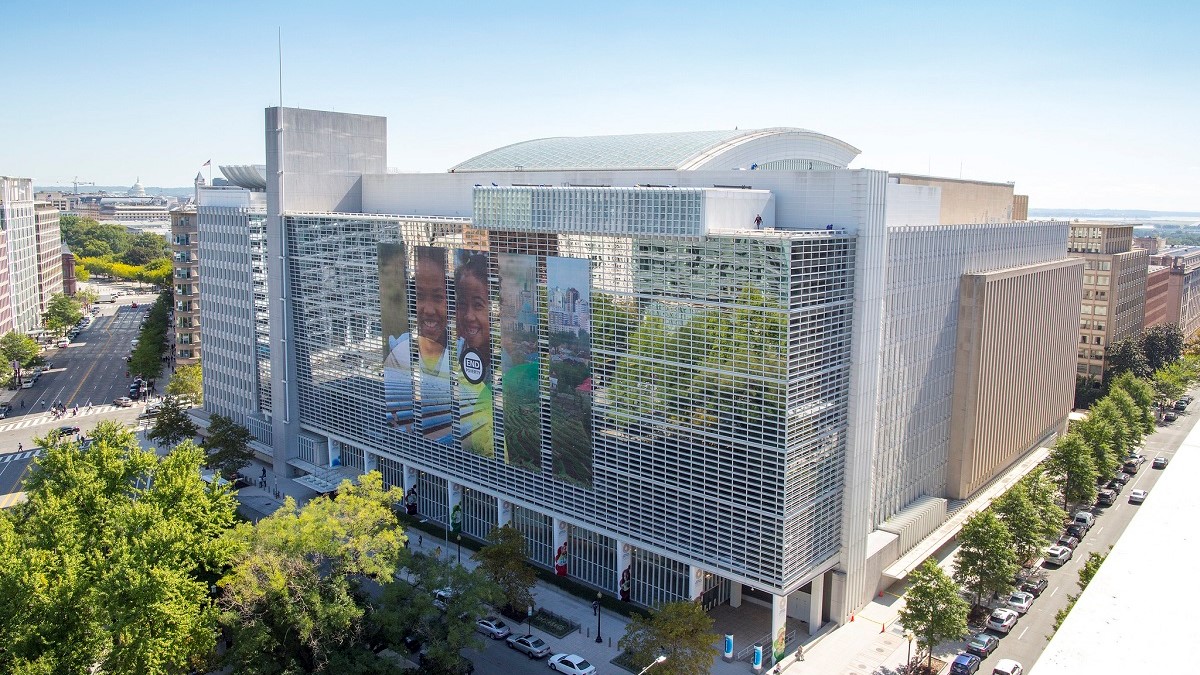
Great insight Li.
From my prespective to minimise or stop usage of any product or service an alternative needs to be easily available at a reasonable price.
It’s OK to highlight what transpired and why / how but as long as there is a demand change will be virtually impossible.
This could be used or considered as an opportunity to innovate and provide a suitable alternative for effective change.